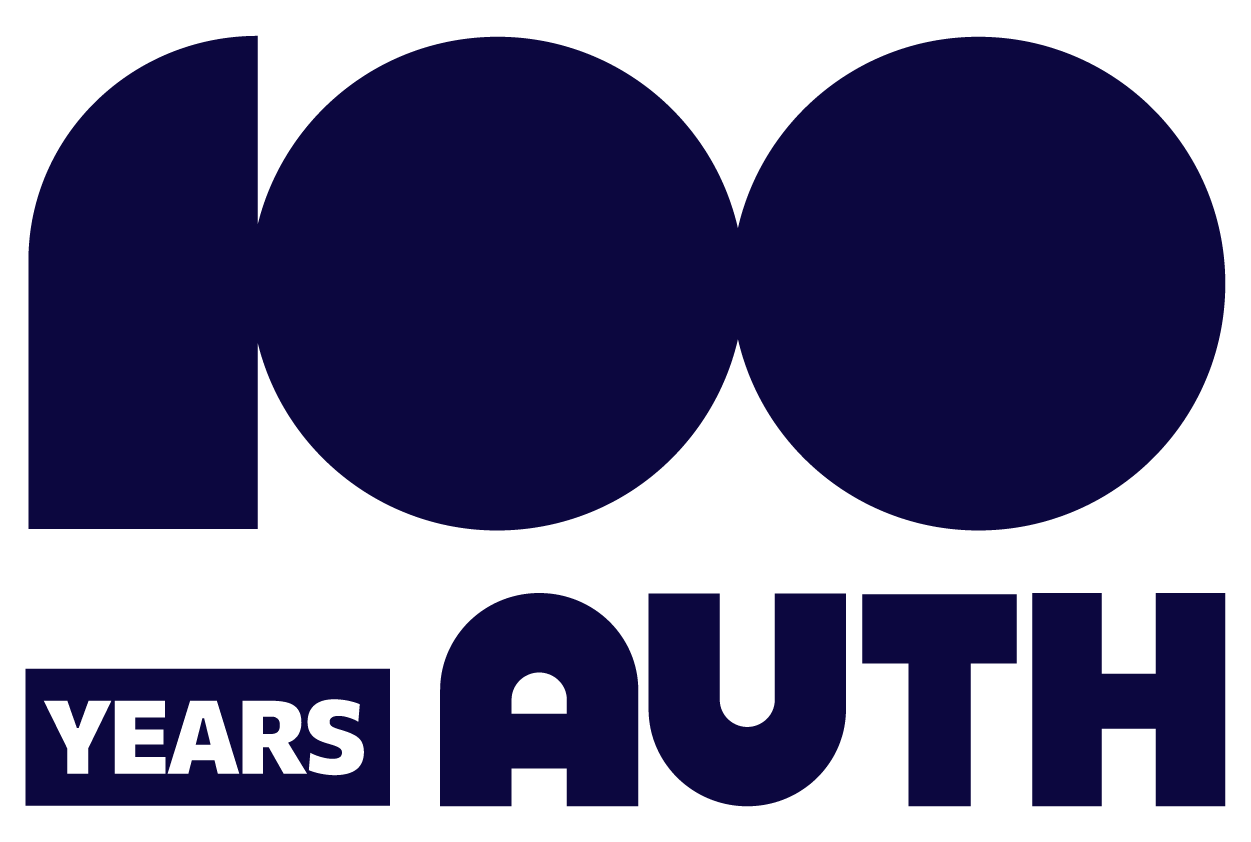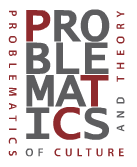
Within the context of our participation in the European project PLOUTOS – Cooperation for achieving third country nationals’ financial independence through financial literacy tools and entrepreneurship bootcamps, the School of English will hold a 13-week training seminar for Community Interpreters (interpreters working in public service settings, including courts, health care services, asylum services, etc.). Community interpreting bridges the communication gap for people who do not speak the language of the host community, thus linking language and culture with social justice and equality. As Marjory A. Bancroft states in her entry for Community interpreting in the Routledge Handbook of Interpreting, entitled “Community interpreting: A profession rooted in social justice”, “although we may all have a human right to community services, adequate access to those services is fundamentally impractical or impossible without professional interpreters: that is, trained, qualified interpreters – and not family, friends, a cafeteria worker or someone in the waiting room who happens to speak the language”. Therefore, the training of community interpreters, which is rarely provided in many countries, is a necessary condition for enabling adequate access to public services in host countries.
The seminar will be held remotely with participating from 7 EU member states. For the purposes of this training, a trainee handbook was prepared (you can find it here).
Seminar organiser: Foteini Apostolou, Associate Professor

The Problematics of Culture and Theory Seminar Series began in the late 1980s on the initiative of staff members of the Departments of English and American literaure at the time. Throughout the years The Problematics have hosted and co-organized events in collaboration with the British Council, the Fulbright Foundation and various consulates based in Thessaloniki.
The purpose of this seminar series is to provide a forum for discussing new developments or debated issues in literary, cultural and translation studies; sharing work-in-progress; promoting interdisciplinarity as well as the exchange of ideas and perspectives in literature, culture and the arts; hosting performances, readings and screenings.
The seminars are open to members of the broader academic community, visiting scholars, writers, translators, and artists in residence at the School of English.
The seminars run throughout the academic year from October to May with the exception of the exam period (mid-January to mid-February). They are usually held every 3 weeks on Wednesday evening at the School of English Library (New Building of the Faculty of Philosophy, 3rd Floor, Room: 308, Time: 19:15). The talks are delivered in English and are open to the public.
Problematics Seminars & Related Events: 2007-the present day.
Problematics Seminars: pre-2007.
Writers and their Work Series of Seminars: 2006-the present day.
Seminar on “The Secret History of the British
Empire”
by ERASMUS guest Dr Izabella Penier, Associate Professor at the
University of Lodz, Poland.
Tue 10 May 2016, 4:00-6:00 pm, & Wed 11 May
2016, 4:00-6:00 pm,
in New Philosophy bldg, Rm 308 upper level
Students interested in signing up should contact Professor Tina Krontiris
(krontir@enl.auth.gr).
For further information & a detailed description of the seminar
click here.
The School of English organizes a series of postgraduate seminars in which PhD candidates, MA students, members of staff and researchers from other universities in Greece and abroad are invited to present their research. PhD candidates present their doctoral research to their supervising committee and other members of staff and researchers. The seminars are held in room 308 loft and 417junior on dates announced on the School’s webpage.
Academic Year 2016-2017
2 June 2017, 12:00-13:00, 308 loft
"The Impact of CLIL Teaching on Learners' Working Memory, Proactive
Interference and Retroactive Interference"
Konstantinidou Parthena
2 June 2017, 13:00-14:00, 308 loft
"A corpus-based analysis of Greek adolescent students' writing in English and
Greek: A look into discourse and rhetorical features of writing from a new
contrastive rhetoric point of view"
Xargia Maria
2 June 2017, 14:00-15:00, 308 loft
"Pre-school EFL language learners' acquisition of lexical chunks"
Kokla Anastasia
6 April 2017, 14:00-15:00, 308 loft
"An interdisciplinary approach to the study of literature: A corpus
linguistic analysis of Margaret Atwood’s novels"
Chasioti Filio
2 March 2017, 10:00-11:00, 417j
"Multimodality in Contemporary North American Poetry"
Pournara Elisavet
16 February 2017, 14:00-15:00, 417j
"Locative Media and Narrative in North American Literature and Culture"
Delioglanis Vasilios
9 February 2017, 14:00-15:00, 417j
"Rethinking space; Mark Z. Danielewski and the 21st century American novel"
Mantzaris Thomas
18 January 2017, 09:00-09:45
"An acoustic analysis of selected aspects of Greek for the development of a
speech training tool for applications in education and speech pathology"
Kelmali Irini
18 January 2017, 09:45-10:15
"Εμπειρικά δεδομένα για την καταληπτότητα, κατανοησιμότητα και ξενική προφορά
στη ΝΕ ως δεύτερη/ξένη γλώσσα: Παιδαγωγικές Επιπτώσεις για τη διδασκαλία της
προφοράς"
Mavroudi Argyro
18 January 2017, 10:15-11:00
"Phonological acquisition by bilingual children of selected linguistic
backgrounds including Greek in different educational contexts: theoretical and
pedagogical implications"
Chionidou Anastasia
14 December 2016, 09:00-09:45
"Αξιολόγηση μεθόδων διδασκαλίας της προφοράς της Ελληνικής ως δεύτερης /
ξένης γλώσσας"
Andreou Panagiotis
14 December 2016, 09:45-10:30
"The Interlanguage Phonology of Bulgarian Learners of Modern Greek:
Investigating Segmental acquisition and Evaluating Pronunciation Teaching
Methods"
Milenova Milena
14 December 2016, 10:30-11:15
"An acoustic analysis of vowel production in the west Greek dialect of Preveza:
A sociophonetic approach"
Lazari Artemisia
Academic Year 2015-2016
24 March 2016, 15.30-16.30
"Teaching English to young Greeks: effects on L2 development"
Nikoleta Mpalasopoulou
11 February 2016, 18:30-19:30
"Data-driven Learning: a novel way to teach Modal
Verbs"
Papaioannou Vasiliki
11 February 2016, 17:30-18:30
"Young learners' L2 input/output under the corpus
microscope: the Yolecore corpus"
Zapounidis Thomas
11 February 2016, 16:30-17:30
“Beyond the Gaming Table: Value Systems Εmerging from American Role-Playing
Game Narratives”
Nicolaidou Dimitra
28 January 2016,
14:00-15:00
"Popular culture and national identity in interwar
detective fiction: some theory"
Michailidou Sotiria
28 January 2016,
13:00-14:00
"The Production of Space: Discipline,
Capitalism and the State"
Koutla Dimitra
28 January 2016,
12:00-13:00
"Visuality in Contemporary Fiction"
Mantzaris Thomas
21 January
2016, 10:00-11:00
"Gay Camp and the Contemporary Music Stage"
Chatzipapatheodoridis Konstantinos
3 December 2015, 14:00-15:00
"Stephanie Strickland's Print and Digital
Poetics"
Pournara Elisavet
10 December 2015,
11:00-12:00
"Theorizing Neo-Victorian Space"
Ioannidou Elisavet
17 December 2015,
11:00-12:00
"Η Λαίδη Μακμπέθ στην Ελλάδα της άμεσης μεταπολεμικής εποχής: Η περίπτωση
της μετάφρασης από τον Βασίλη Ρώτα (1962)"
Dalpanagioti Dimitra
Dr Selen Aktari, Assistant Professor at Kultur University, Istanbul
Wednesday 7 May & Friday 9 May 2014, 9:30-12:00 am, Room
308
This seminar, entitled “Angela Carter Haunts the Fairy Tale World: “The
Bloody Chamber” and “The Tiger’s Bride”, focuses on Angela Carter’s feminist
intertextualisations of the classical fairy tales, which rebel against the
sexist ideology these fairy tales promote. Her stories “The Bloody Chamber”, a
rewriting of Charles Perrault’s “Bluebeard”, and “The Tiger’s Bride”, a
rewriting of Madame de Beaumont’s “Beauty and the Beast”, subvert the
patriarchal gothic plot that positions women as victims and subjected to the
dominant authority by reversing the hierarchically constructed structures of
power relations between men and women, and representations of patriarchally
defined sexual roles of women. Dealing with the themes of domesticity,
passivity, sexuality, violence and perversity from a feminist lens, Carter
proposes a radical content that expresses hostility towards cultural myths of
sexuality in the patriarchal system. Her use of eroticism in “The Bloody
Chamber” leads the heroine to discover her own sexuality which is denied to
women characters of the conventional Gothic and her use of animalistic
representation in portrayals of not only the Beast but also Beauty in “The
Tiger’s Bride” strips the fairy tale characters of their gender burden. Thus,
through the use of postmodern strategies such as rewriting, parody, pastiche,
anachronism and magical realism, Carter awakes us to the culturally constructed
gender roles sinisterly encoded in us through nursery stories. While Carter’s
retellings take us back to the fairy tale world characterized by “once upon a
time” atmosphere, they enable us to question contemporary socio-sexual roles by
bringing forth new deconstructive perceptions of patriarchal sexual politics. As
a result, this seminar will reveal the revolutionary potential of these two
revisioned fairy tales Carter whispers wildly in our ears in order to destroy
the established norms of patriarchal ideology.
The seminar format will be a blend of lecture and discussion.
Bibliography